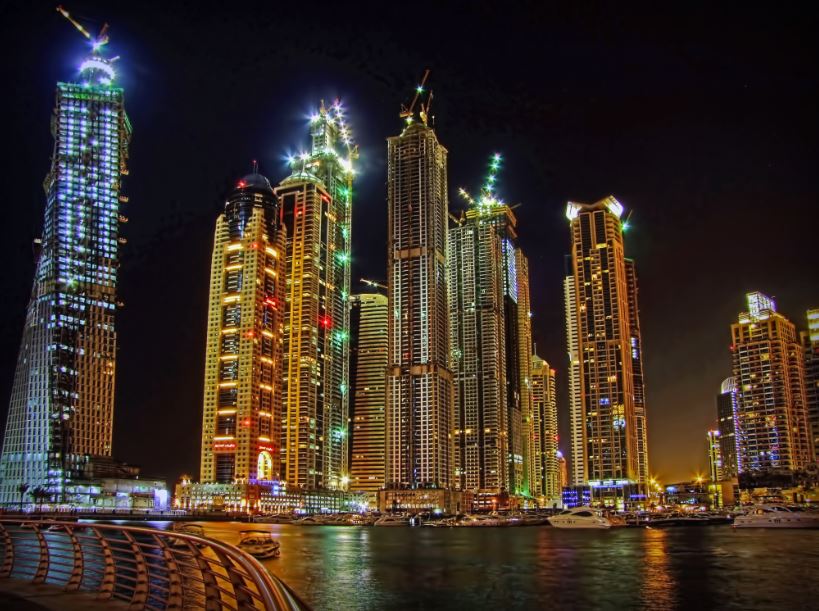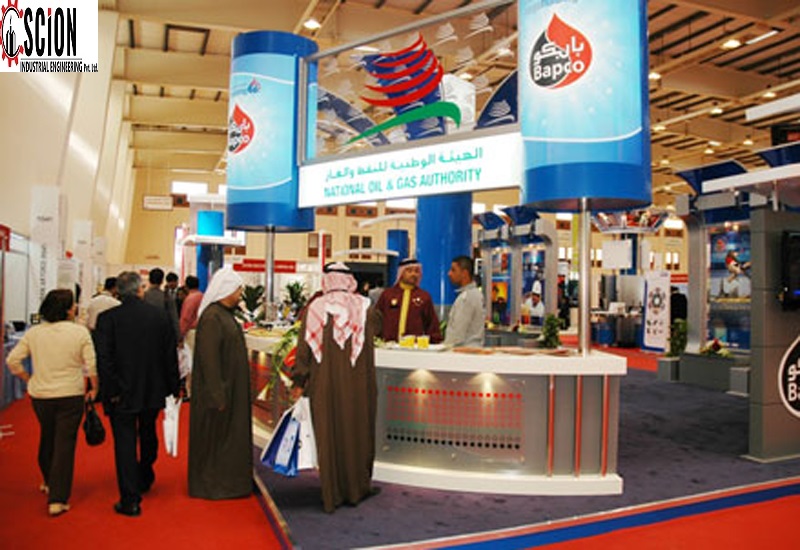The Public Investment Fund (PIF) announced that it has signed a Memorandum of Understanding (MoU) with the Oman Investment Authority (OIA).
The MoU is intended to expand cooperation and investment between the two entities, enabling new and promising investments in Oman’s rapidly growing economy.
PIF to invest in Oman
The MoU provides benefits and incentives for PIF and its portfolio companies, which intend to unlock investment opportunities in Oman.
The MoU also represents a significant milestone in PIF’s and OIA’s strategic partnership as it aims to expand PIF’s portfolio in Oman, building on the recent establishment of the Saudi Omani Investment Company (SOIC), a PIF-wholly owned company, which intends to invest up to $5bn in promising sectors in Oman.
SOIC recently closed its first investment in Oman as a 20 per cent anchor investor in Abraj Energy Services’ IPO and continues to seek other investment opportunities with OIA and its companies.
Through this MoU, Public Investment Fund aims to streamline its investment activities in Oman across a wide range of asset classes and target industries.
The OIA is expected to explore attractive investment opportunities for cooperation and partnership with Public Investment Fund, in addition to providing all aspects of support required in the Omani market.
Deputy Governor and Head of MENA Investments at Public Investment Fund Yazeed A. Al-Humied said: “This MoU is an important step in further strengthening the relationship between PIF and OIA to expand investment and cooperation in the fast-growing Omani economy.
“PIF aims to create long-term strategic partnerships in the region that support the creation of sustainable returns, deliver value to local economies, maximize PIF’s assets, and diversify the Saudi Arabian economy in line with Vision 2030.”
Deputy President for Investment at OIA Mulhem Basheer Al Jarf said: “This MoU builds on our existing relationship with PIF and enables greater cooperation, driving economic diversification in Saudi Arabia and Oman.
“It aims to facilitate partnership opportunities for the private sector in both countries, in alignment with OIA’s efforts to attract FDI to the Sultanate of Oman through Oman’s 2040 vision.”
As a key government entity responsible for strategic investments, OIA plays a leading role in Oman’s efforts to diversify the economy, foster sustainable development, and create a prosperous future for its people.
By attracting capital, championing innovation, and implementing strategic initiatives, OIA plays an instrumental role in advancing Oman’s economic growth, elevating its global competitiveness, and driving the nation toward a prosperous and resilient future.
Source:https://www.arabianbusiness.com/money/sovereign-wealth/saudis-pif-eyes-5bn-oman-investments






